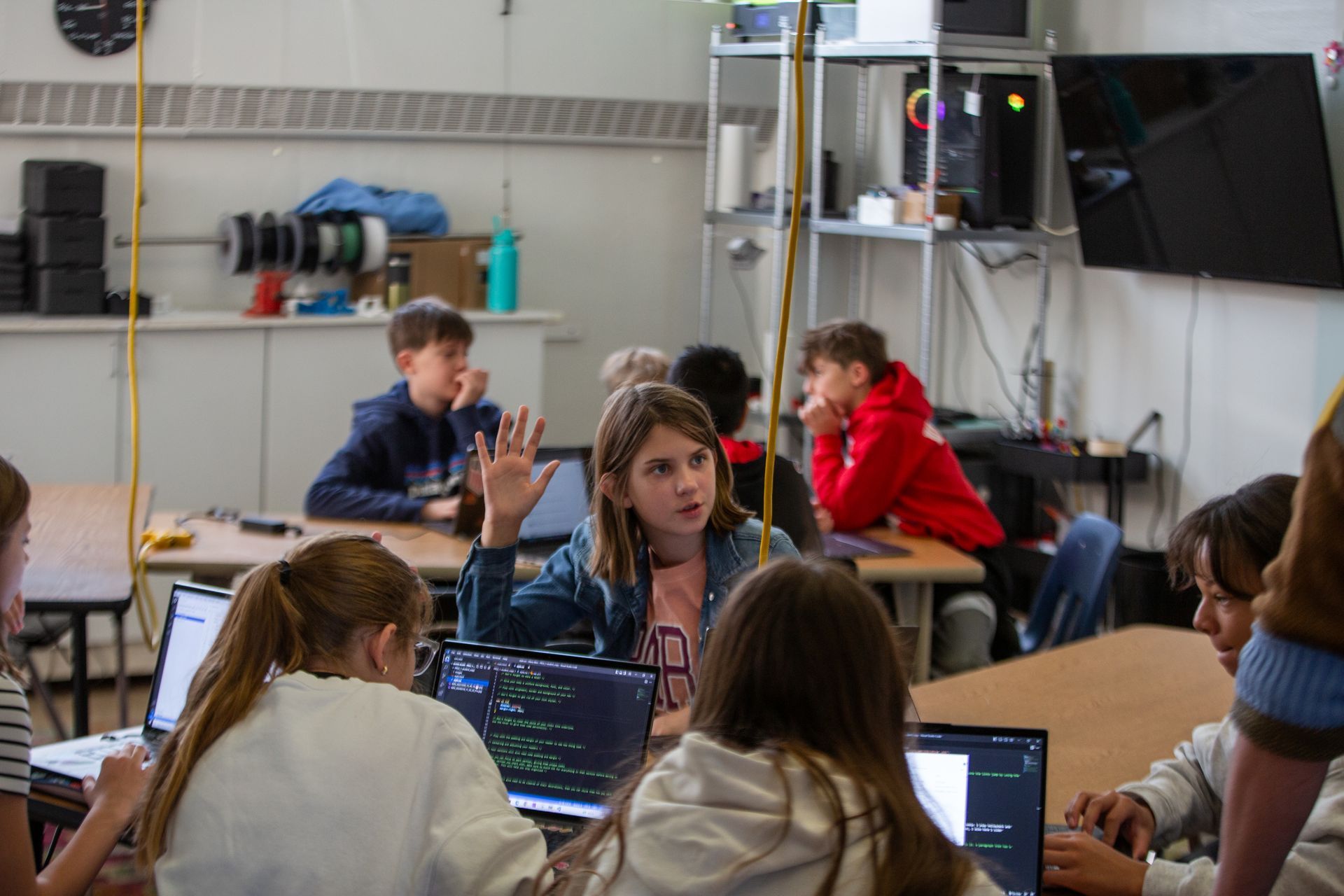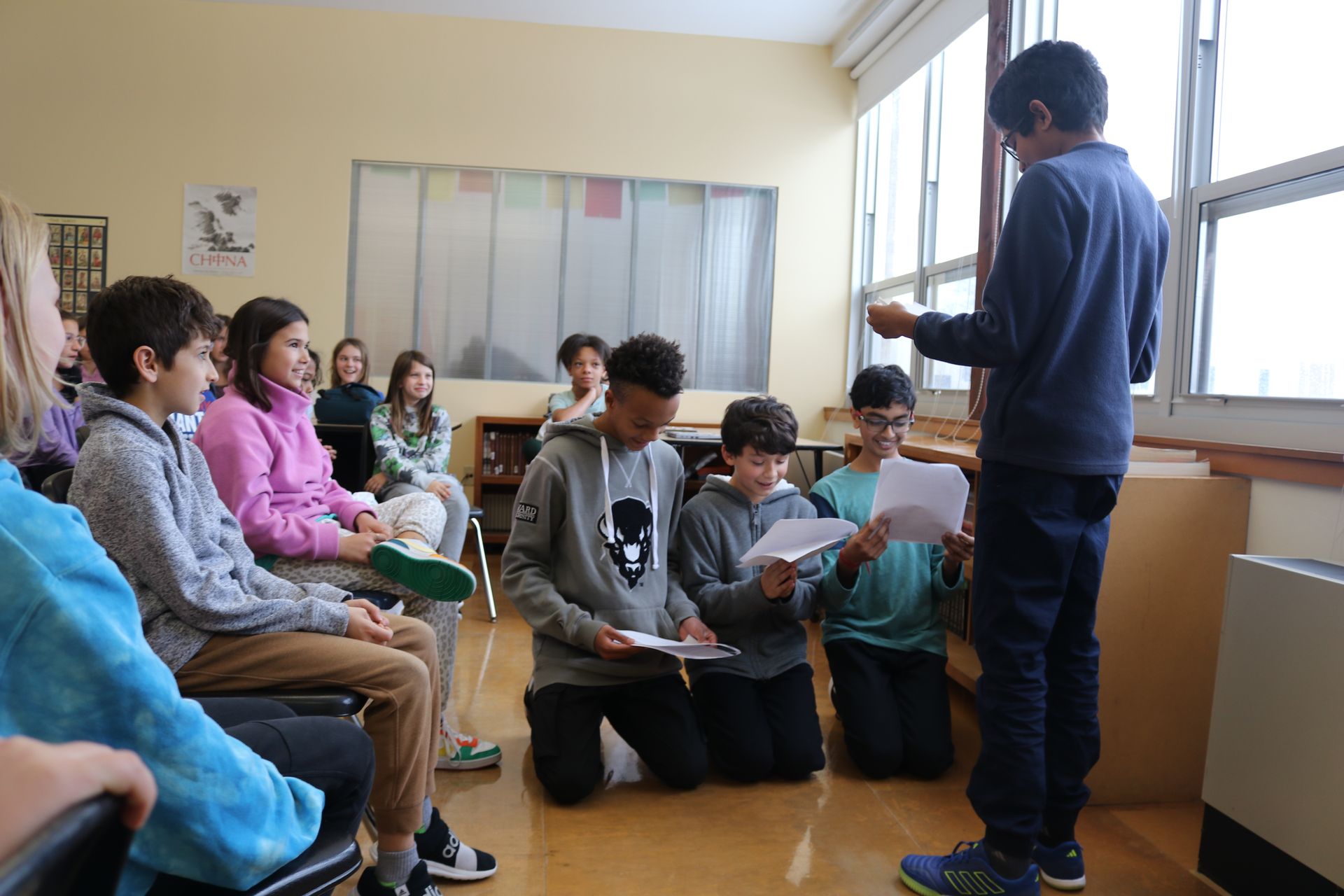Mastery Over Metrics: Milwaukee Montessori's Innovative Math Approach
New Paragraph

Whole-Brain Learning: Transforming Math from Abstract to Achievable
Recently, there has been a worrying trend emerging amongst American math scores. Between 2019 and 2024, scores have been dropping precipitously. While many policies have attempted to remedy the issue, few have had lasting effects. At Milwaukee Montessori School, we have taken a different approach — one that prioritizes individual growth and mastery over rigid benchmarks, and have witnessed encouraging results.
Rather than working from a set curriculum or grading scale, MMS leverages self-adaptive programs like ALEKS and IXL, which allow students to progress at their own pace. Those who want to advance farther than their peers are able to progress as far as they’d like. Alternatively, those who need to solidify their foundational skills will work at their level until they’ve achieved mastery.

While other schools might focus exclusively on the numbers, MMS follows a concept of whole-brain teaching that encompasses more than just putting the numbers together. Whole brain teaching, and therefore learning, is a tailored approach that engages students through all of their senses; whether it’s acting out a motion that correlates with a math concept or drawing visual representations of equations, students learn to make tangible connections. This creative approach transforms abstract numbers into something tangible, bridging the gap between theory and reality.
That isn’t to say that there isn’t any classic math class culture to be found at MMS. Basic math facts, such as multiplication tables, are drilled and memorized through rote practice using traditional flashcards throughout Lower Elementary. When this foundational skill becomes solid and embedded, the more difficult math becomes less time-consuming as students advance through the grade levels. Instead of working out the simple math portions of an equation, our students move into the more difficult, interesting work faster, and in turn move farther ahead than their public-school peers, making math not just memorized, but truly understood.
Kristina Lindsey, UE Math Teacher, and David Swanson, now Head of School, discuss the benefits of flashcards
Not only does the whole-brain approach result in deeper understanding, but we have also gamified achievement to create more excitement and engagement. As Upper Elementary students complete their work and master more math skills, they earn “starries,” which are points that move them up an achievement Super Improvers chart that’s visible to their peers. This visual representation of their accomplishments becomes both a motivator and a trophy case, creating a positive feedback loop. Those who put in the most work and reach the upper echelon of Alpha Hawk status become permanent fixtures on the classroom wall, gaining immortal status and the accolades that go with it.
At Milwaukee Montessori School, we believe that true understanding comes from persistent practice and reflection. Mastery isn’t just a one-time achievement—it’s a constant cycle of learning, revisiting, and reinforcing. By continually circling back, we can ensure that our students do not just acquire knowledge, but retain it.











